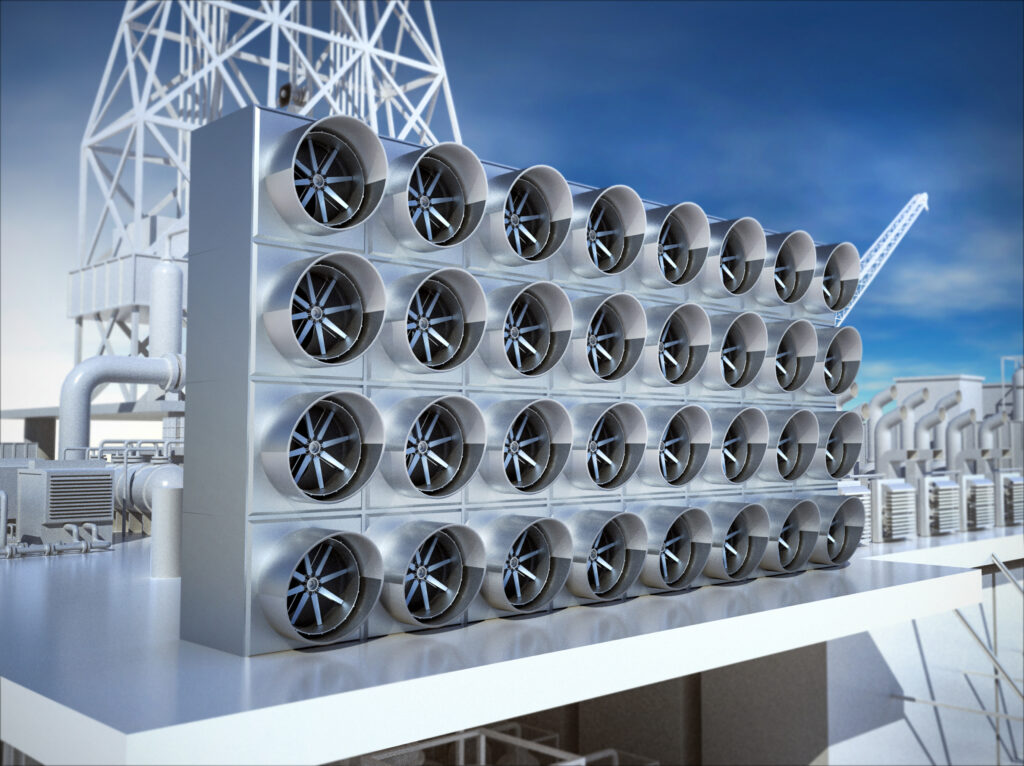Research Focus
Carbon dioxide (CO2) is the predominant greenhouse gas driving climate change. The prospect of capturing and storing CO2 emerges as a pivotal strategy in mitigating climate change. Current efforts involve capturing CO2 from point sources (e.g., industrial facilities) and directly from the air. In August 2023, the Biden-Harris administration announced $1.2 billion for the inaugural Direct Air Capture demonstrations in Texas and Louisiana. This initiative aims to catalyze the establishment of a nationwide network featuring large-scale carbon removal sites. One widely used method in CO2 capture is solid amine sorbents. However, these sorbents can undergo oxidative degradation and emit fugitive emissions, such as ammonia and organic amines. Thus, quantification of these potential emissions is important for determining if there are potential human health or environmental impacts that would arise from large-scale deployment of CO2 capture technologies. This project involves laboratory experiments to investigate the degradation and emissions of CO2 sorbent by utilizing the state-of-the-art Chemical Ionization Mass Spectrometer.
Skills, Techniques, Methods
- Operating analytical instruments
- Analyze data in Matlab
- Conduct laboratory experiments
- Present scientific findings to collaborators
Research Conditions
The research will be conducted in person. It will involve both data analysis with a computer and experimental work in the laboratory.
Team Structure and Opportunities
The undergraduate fellow will work directly with the PI and a PhD student. Weekly meetings will be scheduled to update research progress.
Requirements
Strong curiosity to learn

